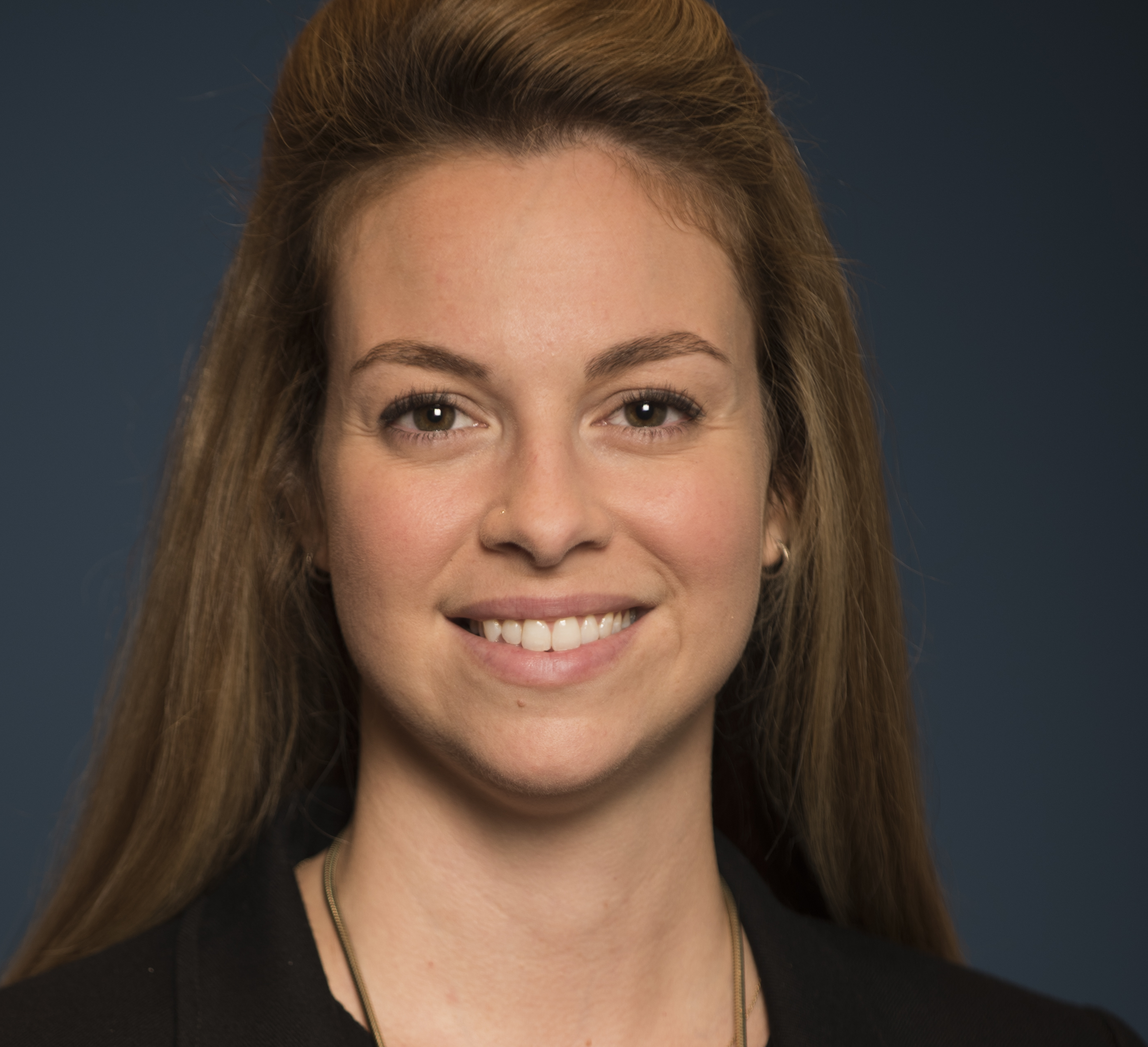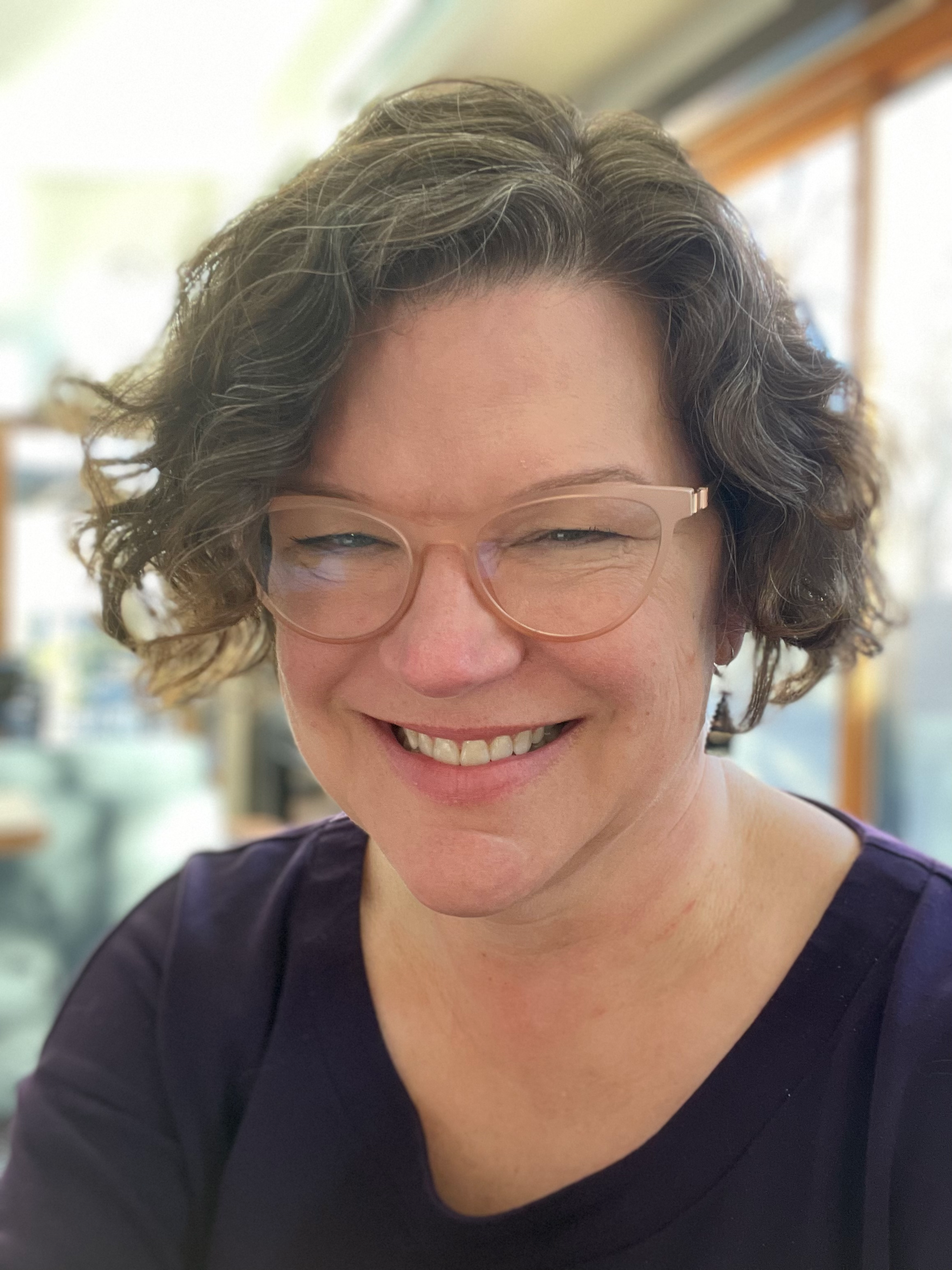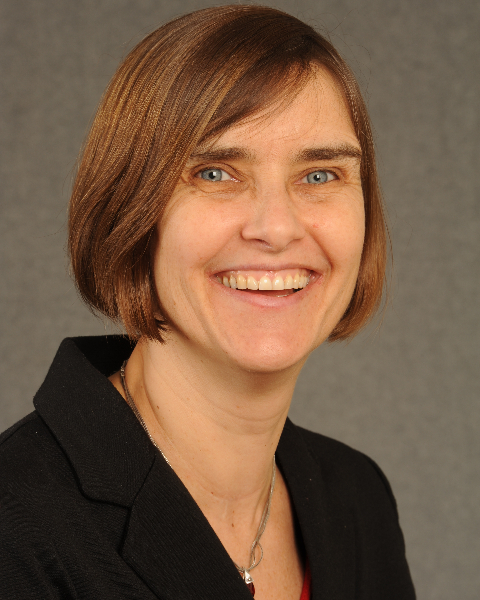Symposia
Dissemination & Implementation Science
2 - (SYM 122) Implementation Outcomes of Unstuck & on Target: High School at the Interventionist & Group Level

Cara Pugliese, Ph.D.
Assistant Professor
Children’s National Hospital
Rockville, Maryland
Laura Anthony, Ph.D. (she/her/hers)
Professor
University of Colorado, School of Medicine
Aurora, Colorado
Lauren Kenworthy, Ph.D. (she/her/hers)
Chief, Division of Pediatric Neuropsychology
Center for Autism Spectrum Disorders, Childrens National Hospital
Rockville, Maryland
Speaker(s)
Co-author(s)
Objectives were to 1) assess interventionist and group-level implementation outcomes and 2) examine interventionist-reported barriers to delivering Unstuck. 10 schools were randomized to Unstuck, resulting in 16 groups run by 21 interventionists. Study staff rated fidelity. Interventionists provided demographic information (n=21), barriers to delivery, and a subsample rated feasibility and self-efficacy pre/post teaching Unstuck after participating in an initial training (n=7). Correlations examined associations between interventionist variables and implementation outcomes.
Fidelity was strong (M=39.16 out of 45, SD=2.92). Ratings of perceived feasibility and self-efficacy were high prior to teaching (M=17.3 out of 20, SD=2.45; M=48.59 out of 65, SD=7.11, n=21) and remained high after completing Unstuck. Interventionists with greater autism experience rated Unstuck as more helpful (r=.66, p< .001, n=21). Lower perceived school support was associated with fewer support staff/co-teachers (r=.47, p=03, n=21) and more time preparing for lessons (r=-.45, p=.04, n=21). Top barriers to delivering Unstuck were: lack of time/supports for training (43%), adding to workload (43%, due to creating pull-out groups/time constraints of study), and lack of admin support (14.3%). Nobody reported having guaranteed prep time or peer consultation.
While interventionists were able to implement Unstuck with high fidelity, acceptability, and efficacy, they reported significant barriers related to training, peer support, and adapting the curriculum for a range of student needs. In response, we created an online teacher training for CE credit that will be a focus of future study and demonstrated during the panel. Data collection is ongoing, with expected data from an additional 20 interventionists by conference-time.

